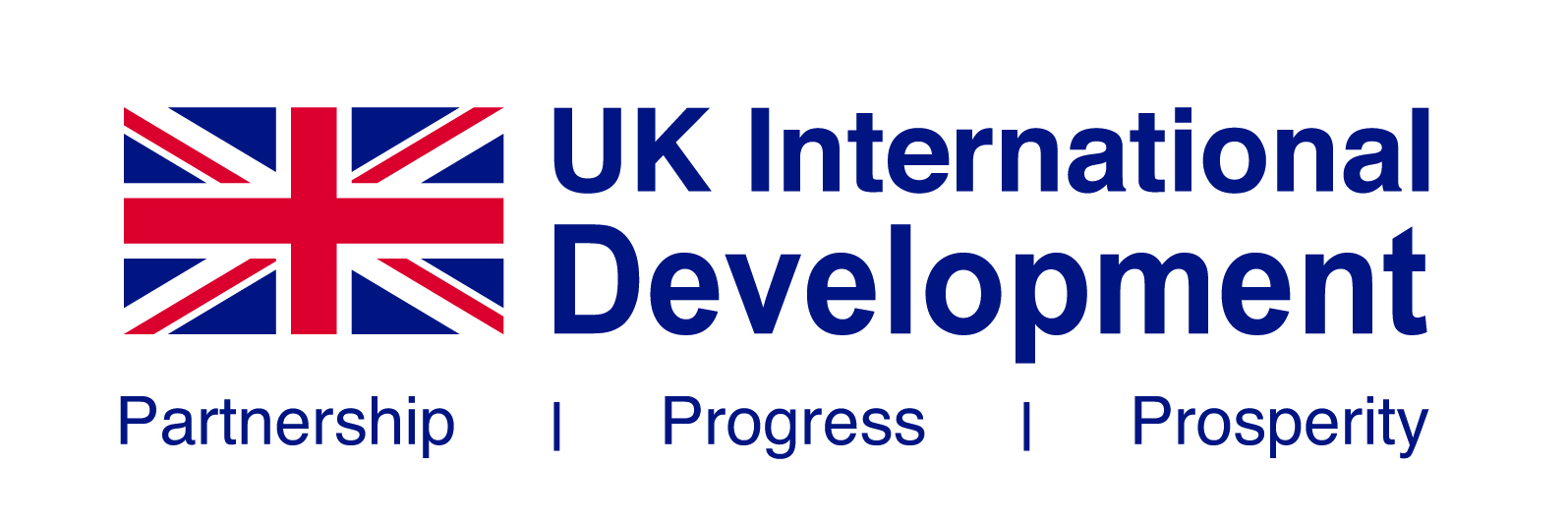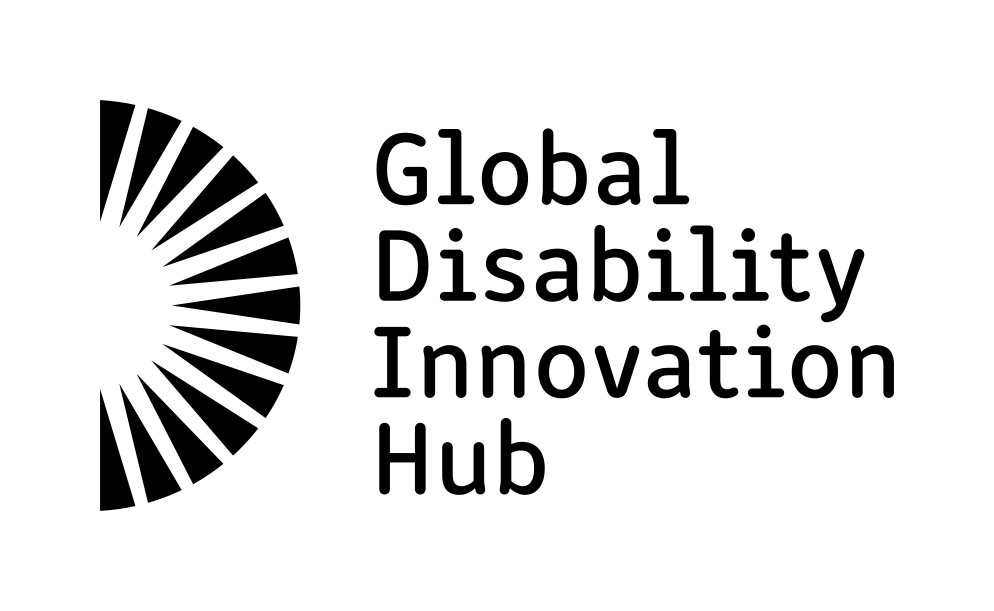AT2030 Impact - find out more
AT2030 explores and test innovative ways to address systematic challenges to get more AT to the people that need it. From creating deep community leadership to generating new evidence & insights, we answer critical research questions and develop foundational methodologies, addressing intersectional challenges and research and evidence gaps.
From incubating future tech inspired solutions to venture acceleration, we bring effective solutions to market by testing new mechanisms and ambitious scaling pathways. We embed disability innovation into national policy landscapes, stimulating demand, activating country pilots, strengthen systems and creating enabling markets environment in Low-and Middle- Income Countries.
We've reached 10 million people directly and over 64 million in total, working with over 150 partners in over 50 countries.


